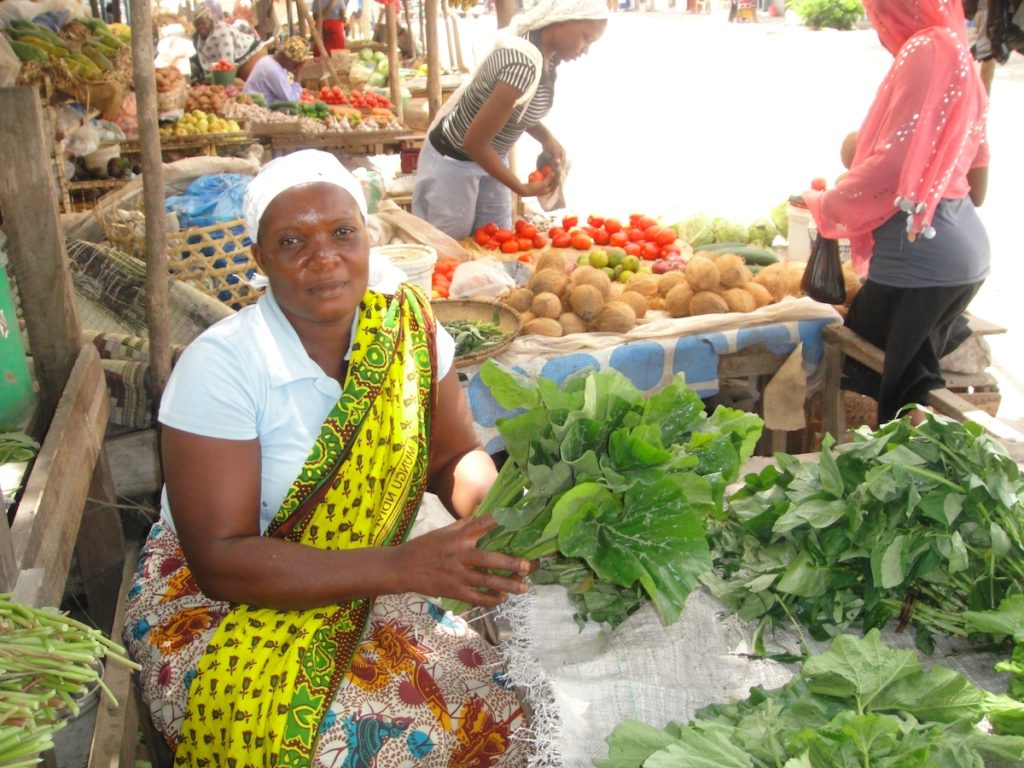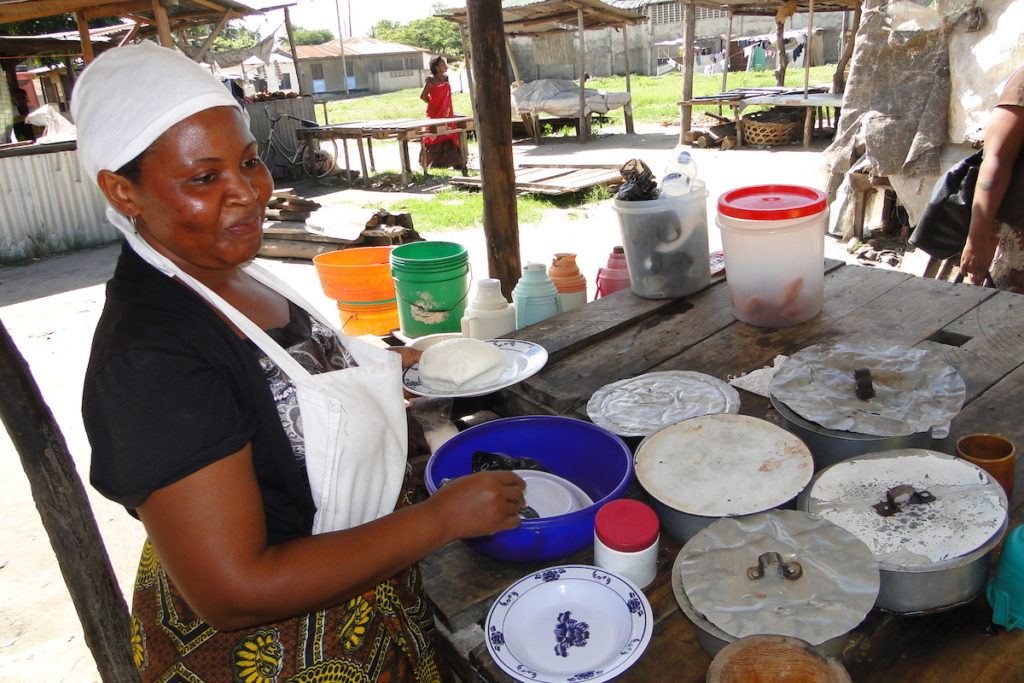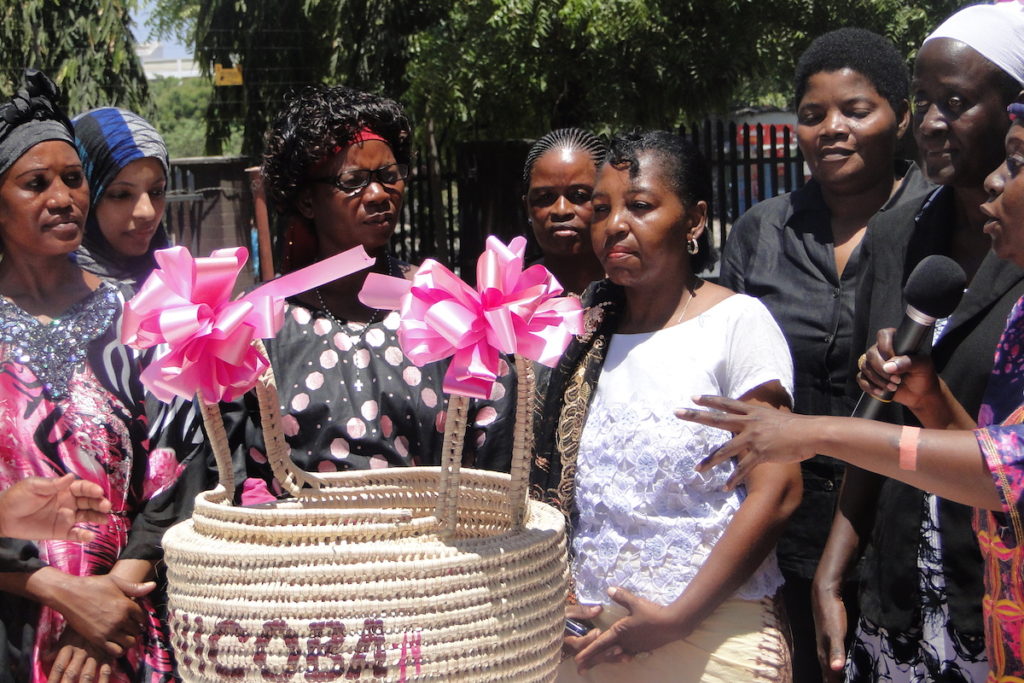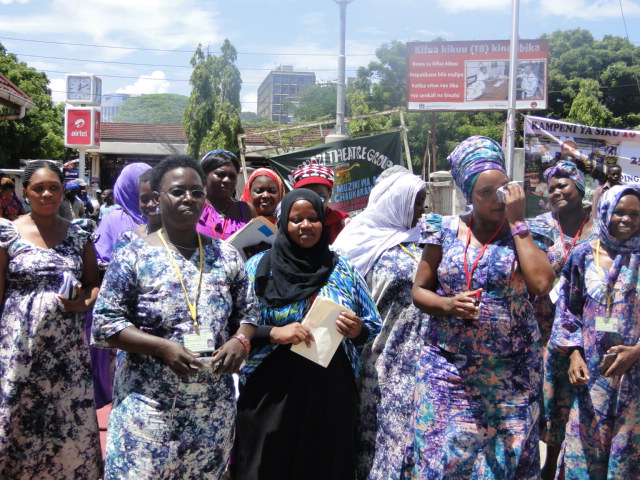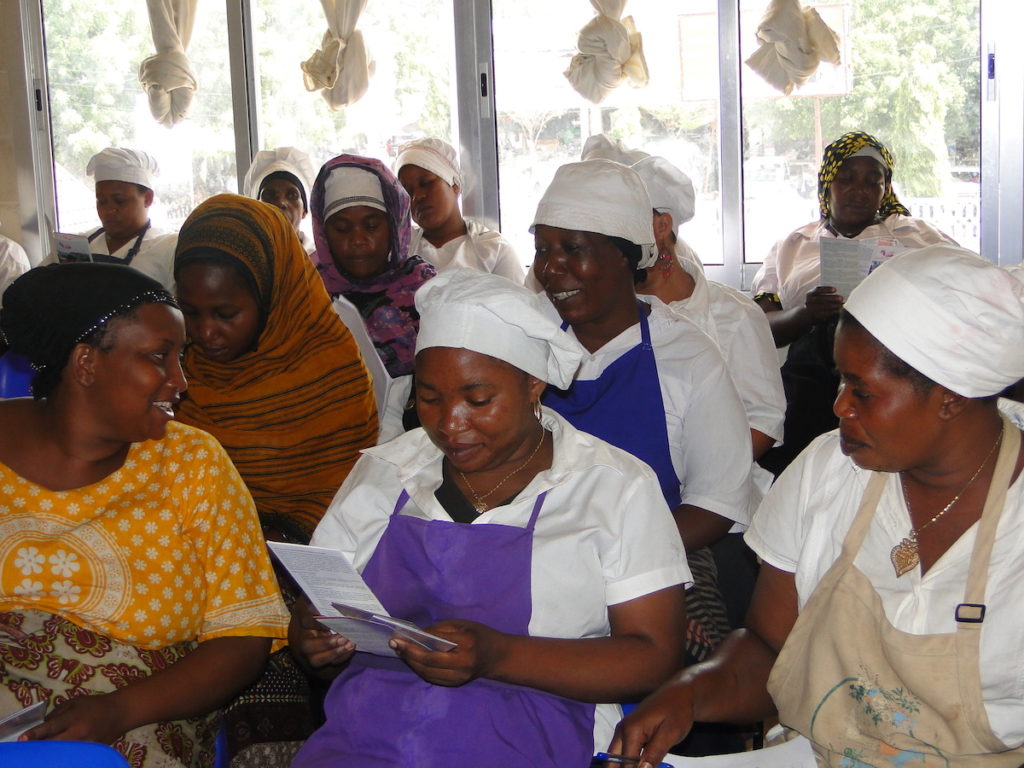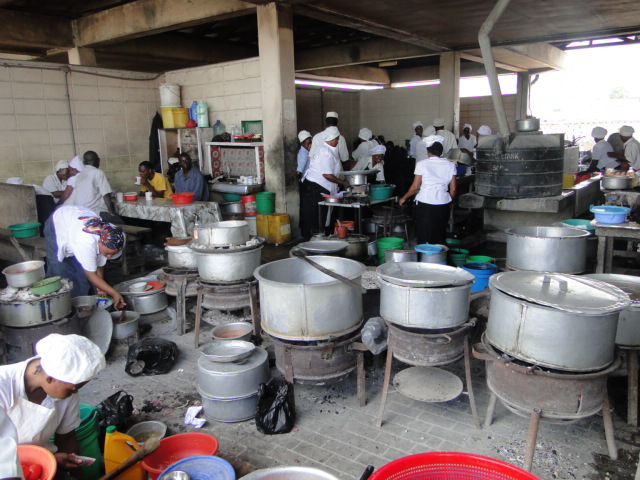Women Economic Empowerment
53% – 60% of Tanzania’s GDP is currently generated by the informal economy. (ILO Reports 2020 reports)
In Tanzania, 51 percent of women work in the informal sector as employees and owners of micro and small enterprises. (ILO Reports 2020)
Informal women traders face many obstacles in increasing their household incomes due to high interest rates on loans and other restrictions imposed by money lending institutions. There are also hindrances to gaining capital and assets such as land. Few are able to open bank accounts, making it difficult for the majority to keep their money safely. Moreover, women traders are largely burdened with lower-skilled and lower paying work at marketplaces compared to men. Only 5% of Tanzanian women have bank accounts.
In response to this, EfG has undertaken the following interventions:
- Formation of Self- Help and Credit Schemes such as VICOBA
The VICOBA model is in line with the national policies geared towards supporting women informal workers to eliminate poverty and promote livelihoods. EfG has successfully mobilized women, market traders, to form VICOBA (Village Community Bank), which have already been successful in:
- Enabling 45% of VICOBA groups to open bank accounts to safeguard their assets;
- Bringing together 1500+ women by forming 58 VICOBA groups across 9 regions in Tanzania Mainland;
- Increasing the capital power groups, which have collectively saved more than 604 Million TSH;
- Facilitating 42% of members to purchase land since joining VICOBA, and now 71% of VICOBA women are landowners;
- Enabling two groups of 60 women used VICOBA capital to co-purchase land plots; and
- Establishing a platform for advocacy.
- Empower women with financial and leadership skills
EfG managed to conduct training and offered other businesses technical support to women. EfG trained more than 12,800 women market traders on various skills 1,620 women market traders on business skills and economic right sessions.

